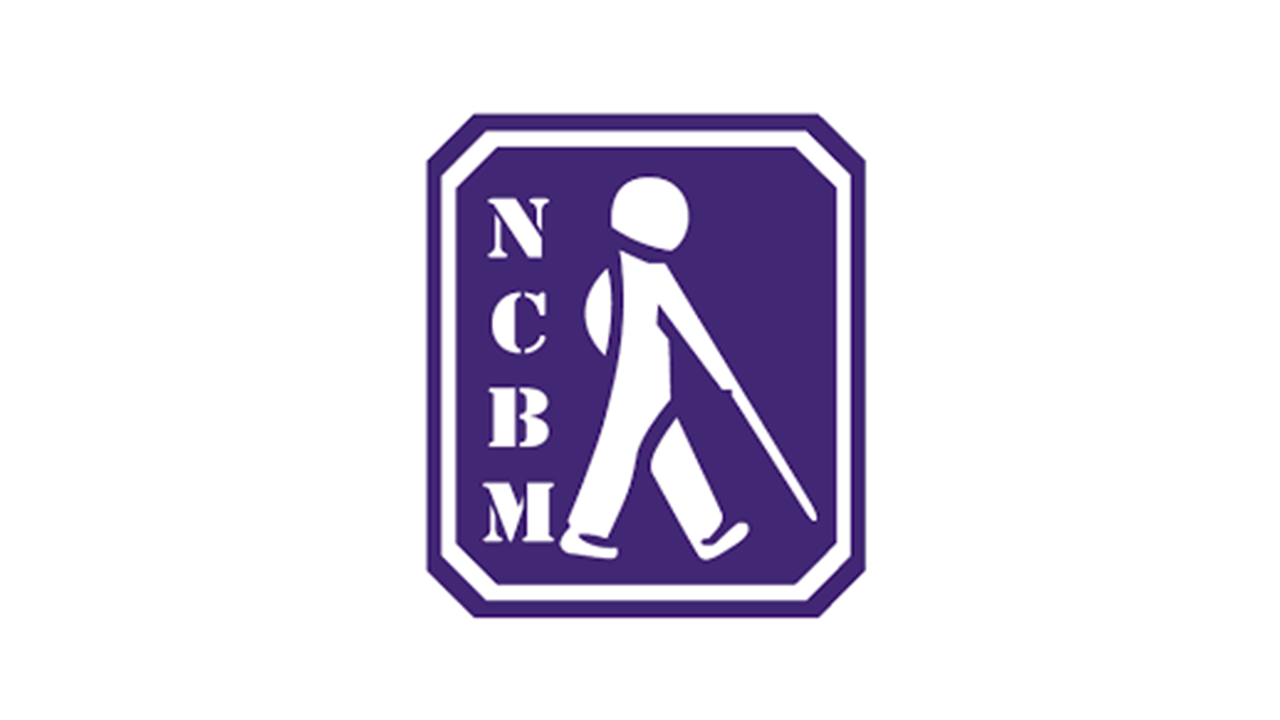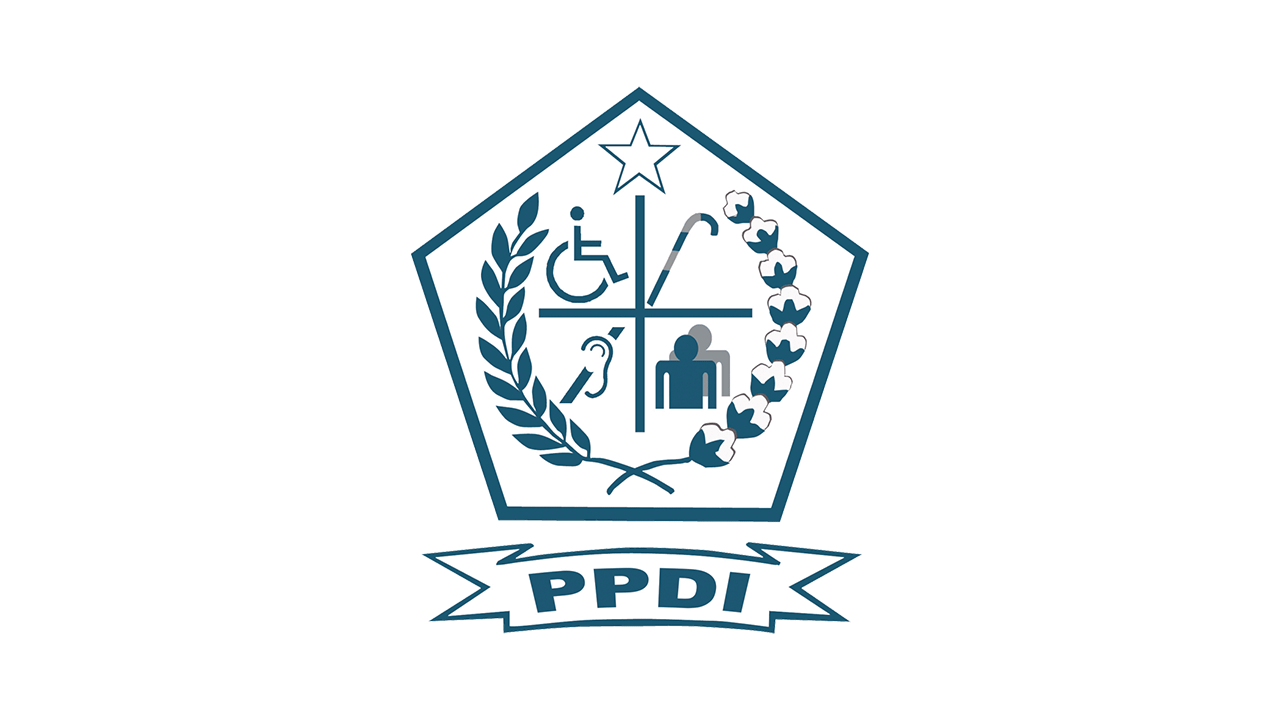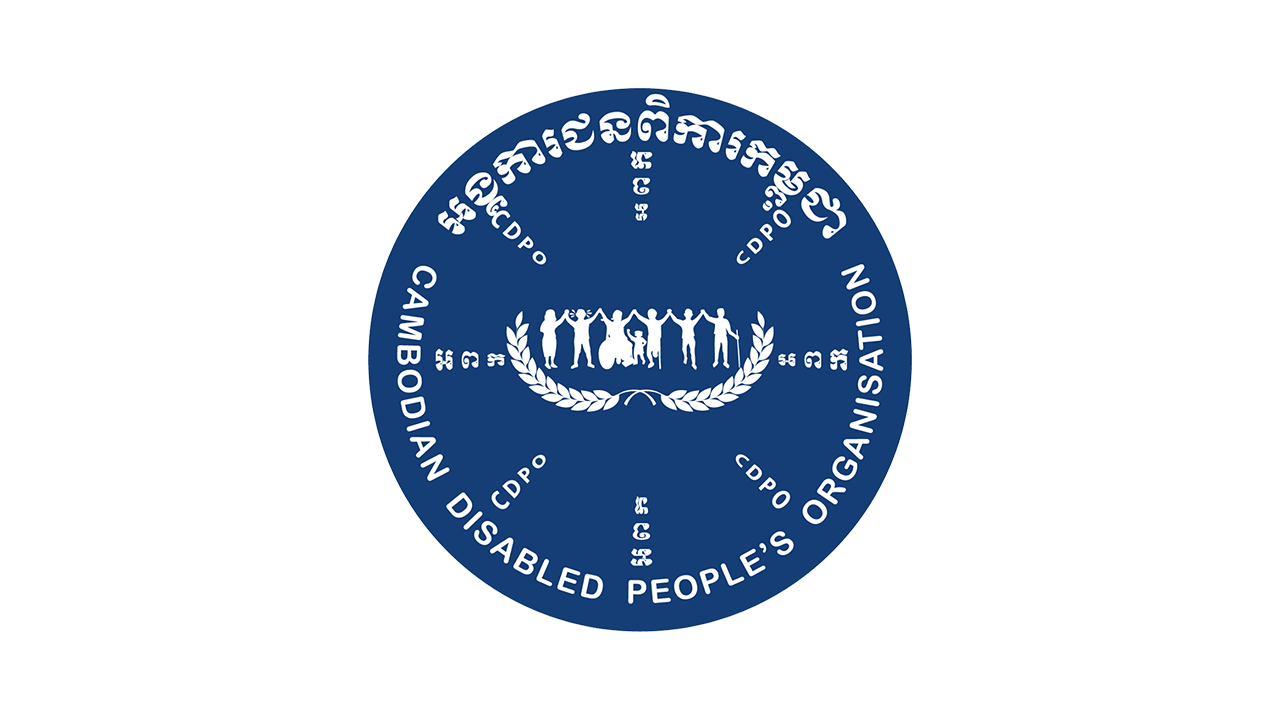
The United Nations Convention on Rights of Persons with Disabilities (CRPD), commonly referred to as “the Disability Convention”, is a unique human rights instrument that serves as both a development tool and a human rights instrument. It also serves as a legally binding policy instrument which is cross-disability and cross-sector.
The purpose of Disability Convention, as stated in Article 1, is to “promote, protect and ensure the full and equal enjoyment of all human rights and fundamental freedoms by all persons with disabilities, and to promote respect for their inherent dignity.”
The Convention clarifies and qualifies how all categories of rights apply to persons with disabilities, and identifies areas where adjustments have to be made in order for persons with disabilities to effectively exercise their rights, as well as areas where their rights have been violated, and where protection of rights must be reinforced.
In addition, the Convention highlights pragmatic and action-oriented measures to be undertaken by States Parties in support of inclusive development programs. It represents a paradigm shift within the development community in which disability should be identified as an issue to be considered in all programs, not just as a stand-alone thematic issue. The Convention obligates States Parties to undertake proactively the appropriate measures to ensure that persons with disabilities participate on an equal basis with others in all facets of society.
About the Optional Protocol
The Convention is followed by the optional protocol to implement the convention strategically in the States parties. The Optional Protocol is also an international treaty. The Optional Protocol establishes two procedures aimed at strengthening the implementation and monitoring of the Convention. The first is an individual communications procedure allowing individuals to bring 20 The 3rd Regional Dialogue on Access to Elections petitions to the Committee claiming breaches of their rights; the second is an inquiry procedure giving the Committee authority to undertake inquiries of grave or systematic violations of the Convention.
A Brief History of the CRPD

In the 1980s, several countries started discussions about establishing a human rights treaty for people with disabilities. The next progress was a draft treaty that was completed in 2004. It was negotiated by the United Nations Ad Hoc Committee through intensive meetings in 2006. The negotiations resulted in the fastest human rights treaty enacted in the history of human rights treaties.
On December 13, 2006, the United Nations General Assembly adopted by consensus the Disability Convention and its protocol. Then, it was opened for signature on March 30, 2007 at the United Nations Headquarters in New York City, USA. Over 80 countries became signatories during the opening ceremony. Jamaica was the first country to ratify. The Convention entered into force on May 3, 2008. As of October 2012, there have been 154 signatories to the Convention, 90 signatories to the Optional Protocol, 125 ratifications and accessions to the Convention, and 75 ratifications and accessions to the Protocol.
Right to Political Participation

The Convention specifically recognizes the right to participation in political life in Article 29. This means that every person with a disability can exercise their political rights and participate equally with others in public life.
Therefore, the government has an obligation to ensure the right and opportunity of persons with disabilities to vote and be elected. For example, it should provide ballots in accessible formats or produce assistive devices to enable persons with disabilities to vote independently and secretly.
Other key rights protected in Article 29 are that every State Party should guarantee the free expression of the will of persons with disabilities as electors. Governments can do this by promoting an environment in which persons with disabilities can effectively and fully participate in the conduct of public affairs, without discrimination and on an equal basis with others, and encourage their participation in public affairs including participation in non-governmental organizations and associations concerned with the public and political life of the country, and in the activities and administration of political parties.
The Right to Equal Recognition Before the Law
Article 12 states that persons with disabilities have the right to recognition everywhere as persons before the law, and that States should recognize persons with disabilities enjoy legal capacity on an equal basis with others in all aspects of life. But in many cases, persons with disabilities cannot exercise their rights due to their legal capacity. For example, EMBs restrict persons with disabilities from voting, as they are perceived as having no legal capacity due to their disability. The problem is, many EMBs still have the misconception that persons with disabilities are not capable to vote because they cannot perform as a person who has capacity to vote.
The Way Forward
All efforts should be made to integrate and include persons with disabilities into all aspects of life. Finding the appropriate methods of doing so will not be possible without the participation and involvement of persons with disabilities at every stage, as reinforced by the motto of the disability community: “Nothing about us without us.” The fact of the matter is, full participation of persons with disabilities cannot be completely realized until persons with disabilities attain full access to political life; as voting impacts all other rights and decisions of the government.
Sources:
Convention on the Rights of Persons with Disabilities: Full Participation for Persons with Disabilities in Community Life, Mark Stanford (Board of Resource Center) and Katherine Guernsey (United States International Council on Disabilities) : http://www.usicd.org/doc/CRPD%20 presentation%20web%20FINAL.pdf
Commission for Social Development, UNESCAP, Follow-up to the World Summit for Social Development and the twenty-fourth special session of the General Assembly: emerging issues: “Mainstreaming Disability in the Development Agenda”, Forty-sixth Sessions, 6-15 February 2008 : http://social.un.org/index/CommissionforSocialDevelopment/ResolutionDecisions/2008. aspx
From Exclusion to Equality: Realizing the Rights of Persons with Disabilities, Handbook for Parliamentarians on the Convention on the Rights of Persons with Disabilities and its Optional Protocol: http://www.un.org/disabilities/documents/toolaction/ipuhb.pdf










